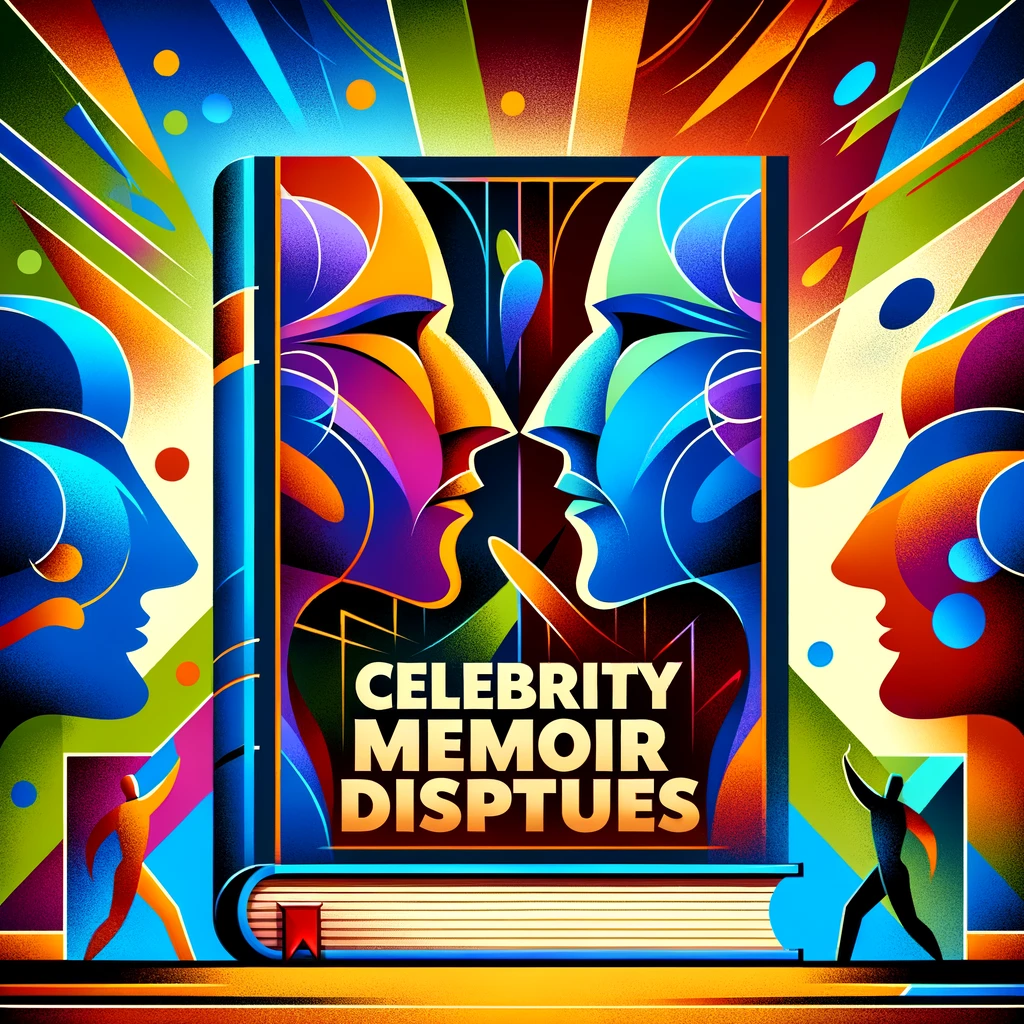
In the glamorous yet fiercely competitive world of Hollywood, disputes among celebrities are not uncommon, often making headlines and captivating public attention. However, when these disputes transcend personal boundaries and venture into professional endeavors, they spotlight a plethora of issues surrounding free speech, the intricacies of celebrity feuds, and the mechanisms of the publishing industry. One such controversy has recently unfolded, involving two of the industry’s most prominent figures: Rebel Wilson and Sacha Baron Cohen.
Rebel Wilson, known for her candid humor and roles in blockbuster hits, has accused Sacha Baron Cohen, a master of satire and disguise, of attempting to block the publication of her forthcoming memoir. Wilson’s memoir, anticipated to be a candid recount of her experiences in the film industry, personal struggles, and ascent to stardom, was poised to be a significant addition to the literary world. However, the process took an unexpected turn when Baron Cohen allegedly intervened, citing concerns over content related to him that Wilson intended to include.
This accusation has ignited a debate on the boundaries of free speech, especially in the context of memoirs and autobiographies. The genre, inherently personal and reflective, often treads a fine line between truth-telling and privacy invasion. Authors must navigate the murky waters of legal and ethical considerations, particularly when their narratives intersect with the lives of others. Wilson’s claim against Baron Cohen raises critical questions about the extent to which public figures can control their portrayal in another’s story, especially in a realm as subjective as a memoir.
Moreover, this dispute underscores the complex dynamics of celebrity feuds. Unlike typical disagreements that fade from public memory, conflicts involving celebrities are amplified by their public platforms and media interest. The Wilson-Baron Cohen controversy, in particular, reveals how such feuds can extend beyond personal grievances, affecting professional projects and creative expression. It exemplifies the challenges celebrities face when their personal and professional lives collide, magnified by the public’s insatiable appetite for celebrity news.
The publishing industry, too, finds itself at a crossroads amidst these disputes. Publishers must balance the desire for compelling, authentic narratives with the legal ramifications of potentially contentious content. The industry’s response to the Wilson-Baron Cohen debacle could set precedents for how similar situations are handled in the future, impacting the kinds of stories that find their way into the public domain.
This controversy also brings to the fore the broader implications for free speech in the realm of celebrity memoirs. As society grapples with the nuances of privacy, defamation, and the right to tell one’s story, the outcomes of such disputes will likely influence the landscape of memoir writing and publishing. The debate is not merely about who can say what but about the broader values of transparency, authenticity, and freedom of expression in storytelling.
In conclusion, the dispute between Rebel Wilson and Sacha Baron Cohen is more than a mere celebrity feud; it is a microcosm of the larger debates surrounding free speech, privacy, and the ethics of storytelling. As the situation unfolds, it will undoubtedly leave a lasting impact on the individuals involved, the entertainment industry, and the publishing world at large, setting the stage for future discussions on the power of narrative and the rights of those who wish to tell their stories.